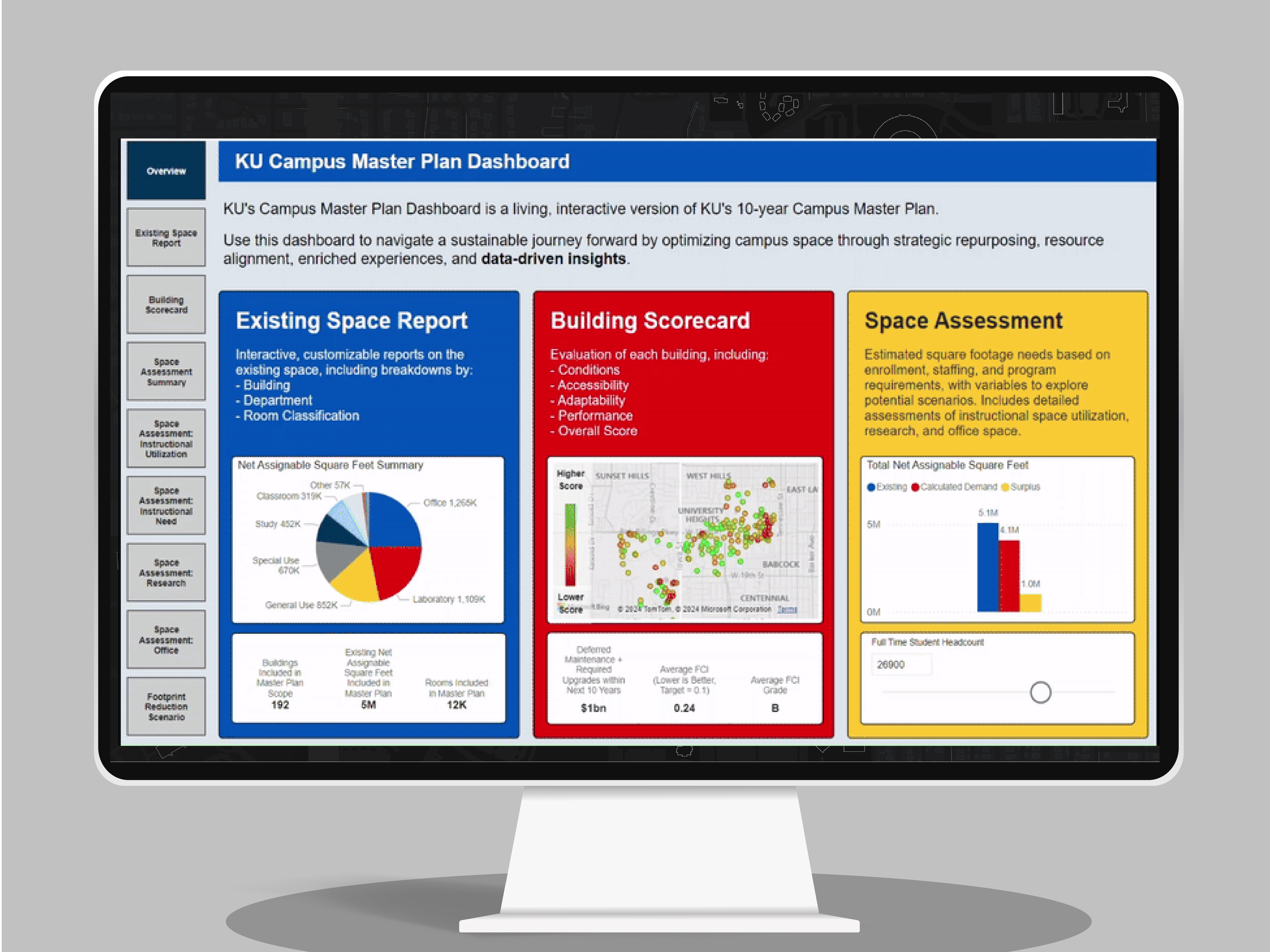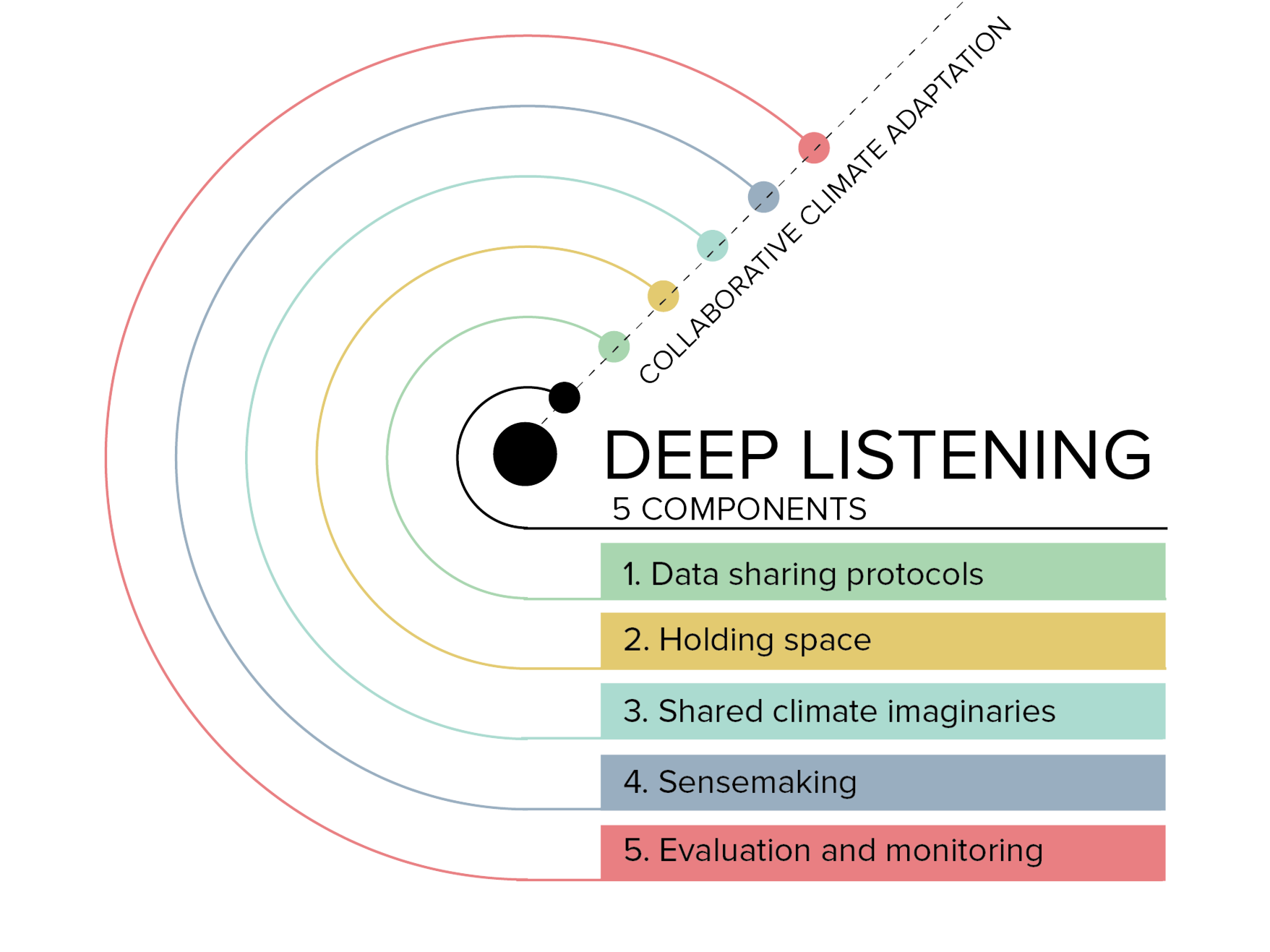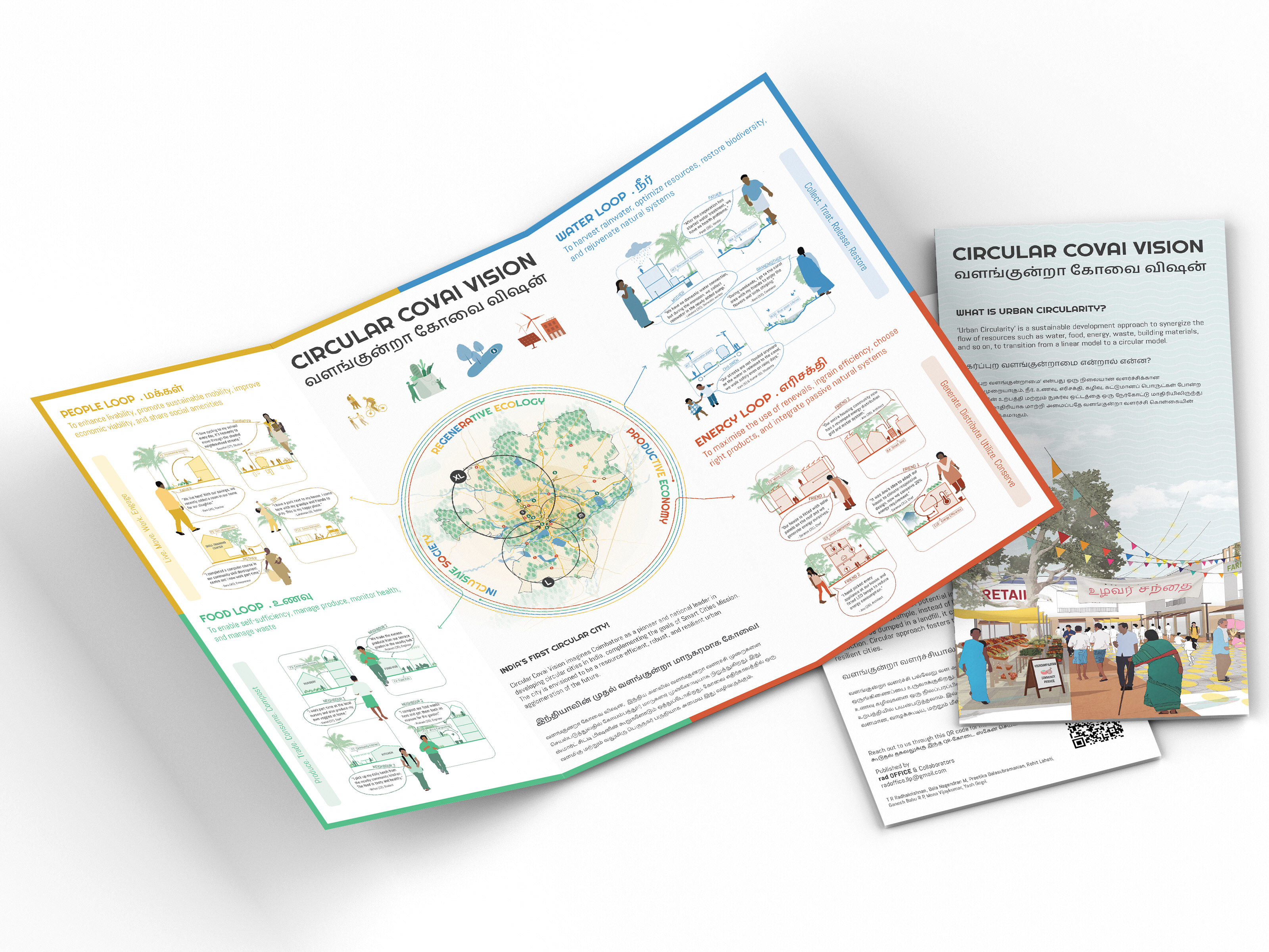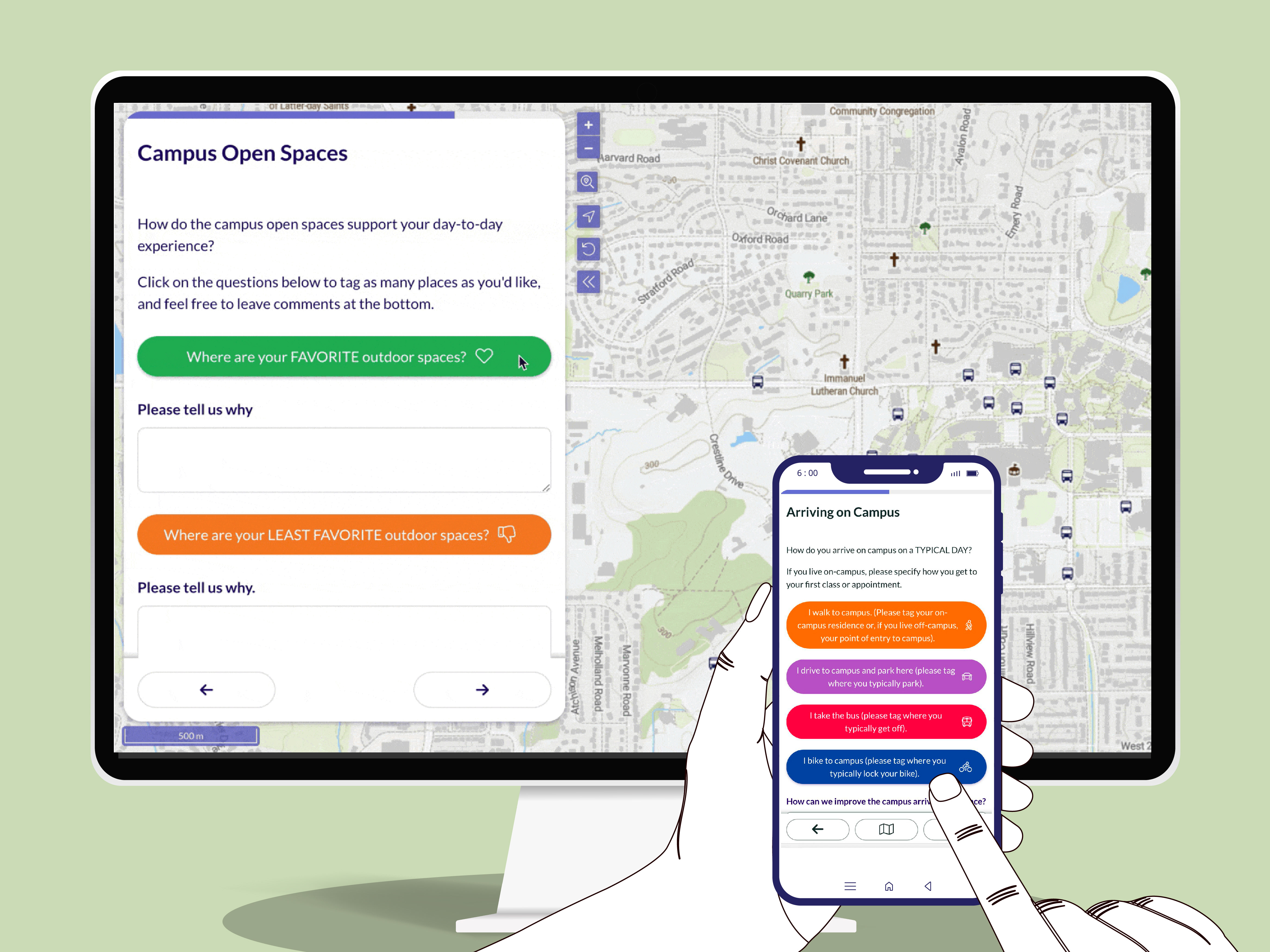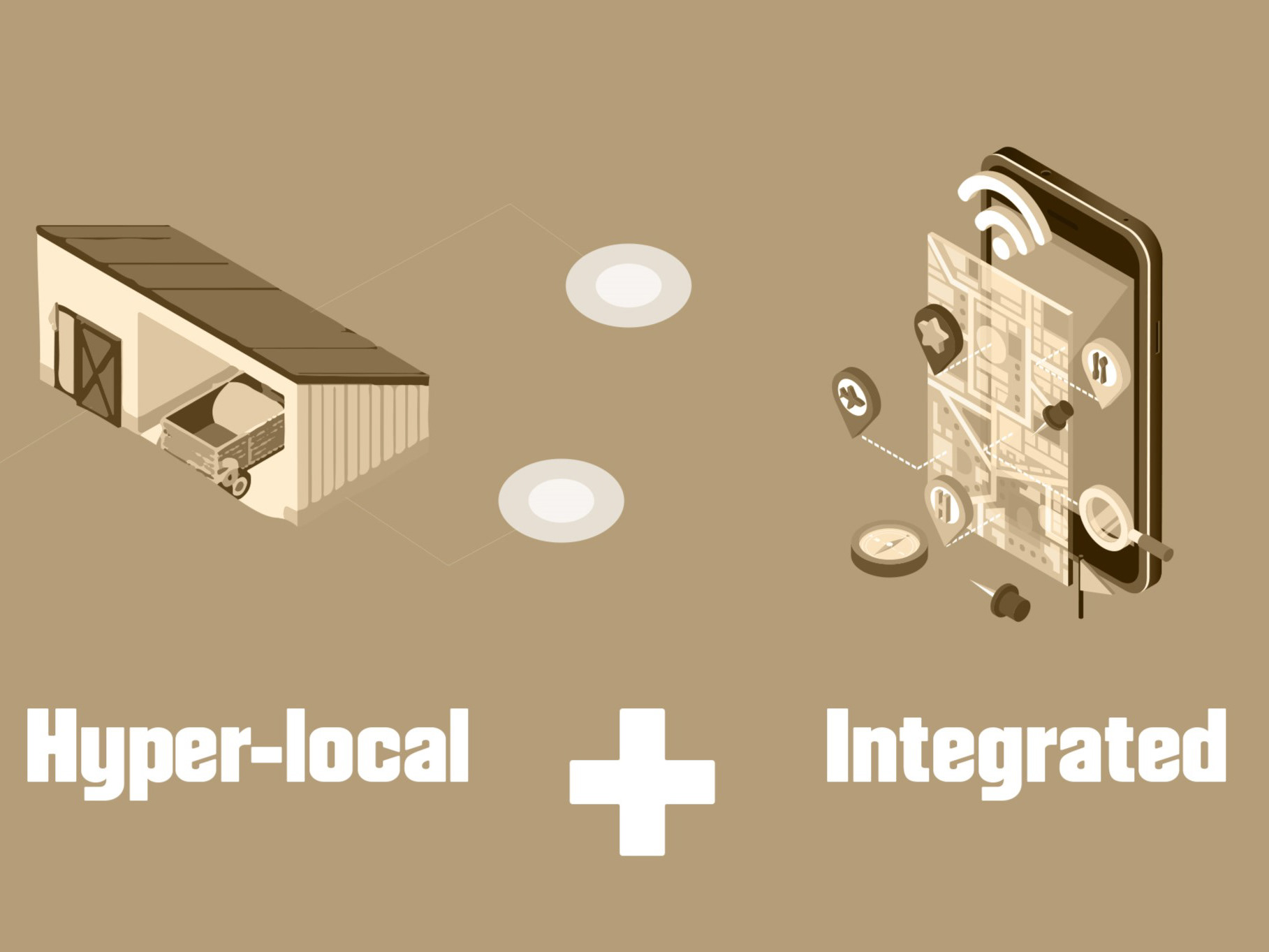Increasing Heat Vulnerability
2024 | Perkins&Will
Location: Boston, MA
Team: Mona Vijaykumar, David Moses
Role
Served as the Lead Geospatial Analyst, conducting advanced spatial mapping and analysis of heat vulnerability and ecological loss across Boston.
Investigated historical land-use patterns and urban expansion impacts on climate and ecological resilience.
Contributed findings to Perkins&Will’s Green Operations Plan, driving sustainable and equitable urban planning strategies.
Investigated historical land-use patterns and urban expansion impacts on climate and ecological resilience.
Contributed findings to Perkins&Will’s Green Operations Plan, driving sustainable and equitable urban planning strategies.
Research Questions
How have historical urbanization and land-use decisions shaped Boston’s climate, heat patterns, and ecological resilience?
What are the ecological consequences of urban expansion on critical ecosystems and biodiversity?
How can geospatial data inform urban planning to address inequities and improve climate resilience?
What are the ecological consequences of urban expansion on critical ecosystems and biodiversity?
How can geospatial data inform urban planning to address inequities and improve climate resilience?
Insights
Heat Disparities: Historically redlined neighborhoods face extreme heat due to low tree cover and limited green spaces.
Ecological Degradation: Urban expansion has reduced biodiversity and weakened climate resilience.
Historical Legacy: Past landfills and development worsened sea level rise and climate risks in low-income areas.
Ecological Degradation: Urban expansion has reduced biodiversity and weakened climate resilience.
Historical Legacy: Past landfills and development worsened sea level rise and climate risks in low-income areas.
Boston's Rising Sea Level
Urban (land) Growth
Depleting Ecoregions of Boston
